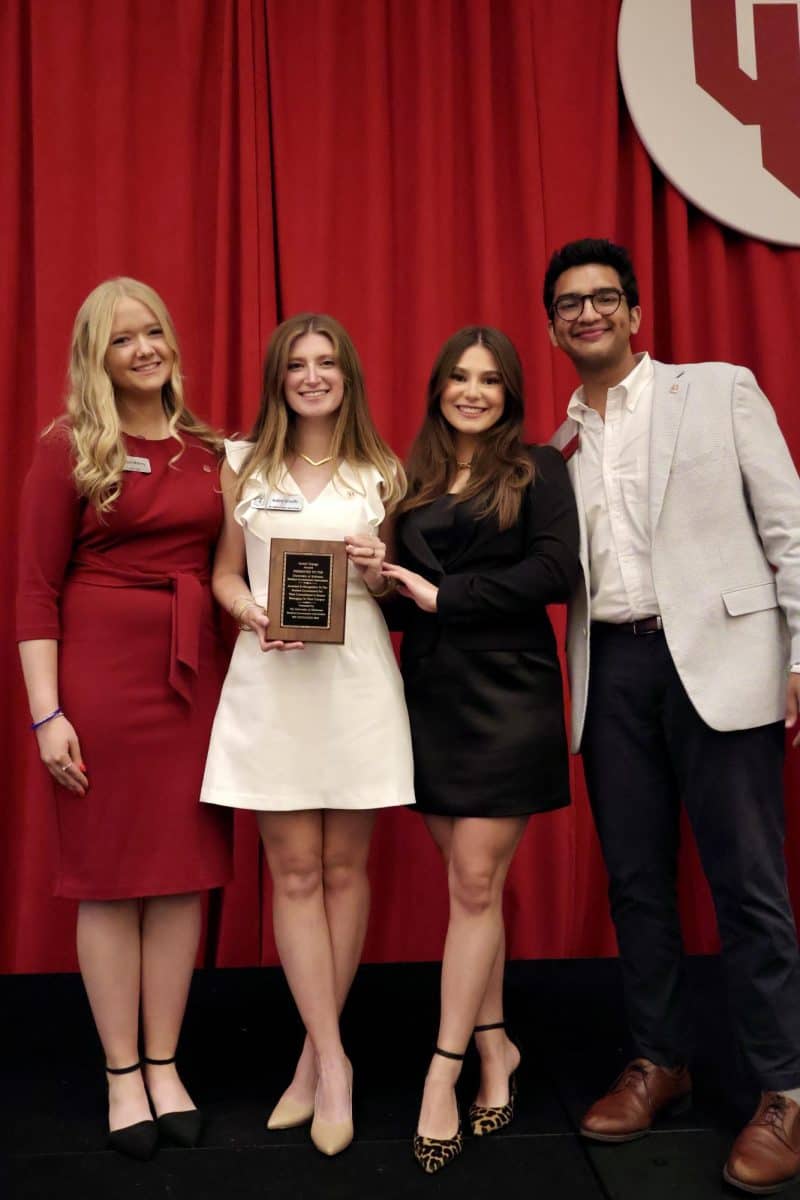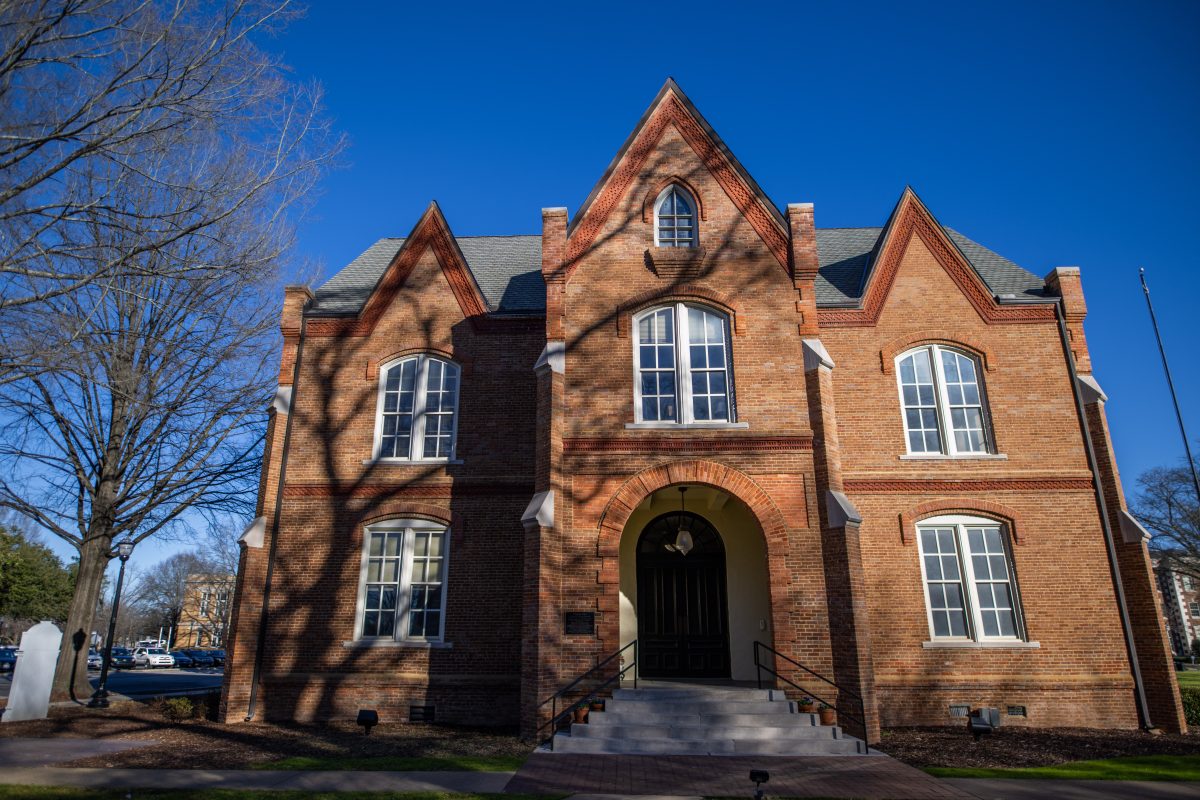Several members of the UA system board of trustees have confirmed their knowledge—and even association with—the Machine, a secret political coalition of traditionally white fraternities and sororities.
In a sit-down interview last month, Paul W. Bryant, Jr., president pro tempore of the Board of Trustees and son of legendary football coach Paul “Bear” Bryant, joked about his dalliance into campus politics during his time at the Capstone.
“I was elected president of the Business Students, and I was not the Machine candidate, but then again, no one ran against me,” he said.
Bryant was a member of Sigma Nu and acknowledged that the Machine was real during his academic career.
“When I was in school, the Machine was there,” he said. “I knew who from my fraternity went to whatever the meetings were.”
Bryant also said he was unaware of its existence today. However he said, “We’ve got board members who were SGA Presidents and were likely in the Machine back then.”
Board member Vanessa Leonard, a graduate of the class of 1983, also acknowledged that the Machine existed when she was at Alabama.
Leonard was active in campus politics and still has concerns with the way the Machine operates, which, she said, is “evident in the lack of diversity in the SGA.”
Finis St. John, a former president pro tempore of the board, current executive committee member and 1978 graduate of the University, also acknowledged the existence of the Machine.
St. John confirmed that he was endorsed by the Machine in his run for SGA president in 1978. He was defeated by independent candidate Jerry DeVaney in a run-off, according to Crimson White articles from the time.
Though endorsed by the organization, St. John said he was not influenced by the Machine. He said the Machine was more of a loose campus political organization in the late 1970s.
“I was a dorm senator and never lived in the fraternity house, so I was not really influenced by them, but it seemed at that time that there were positive and negative aspects about it,” he said.
St. John said he has a strong belief that all students should have an equal opportunity and voice in campus activities whether they are greek or not.
“All reasonable people would agree with that,” he said.
When asked about whether the University’s administration should do anything to address the influence of the Machine on campus life, St. John deferred to UA President Robert Witt.
“I trust Dr. Witt and his team to deal with those issues,” he said.
Board member Marietta Urquhart is a 1975 graduate of the University of Alabama at Birmingham who also attended the Tuscaloosa campus for a time. A member of Kappa Delta, Urquhart is now a Mobile real-estate agent and a former member of the Wachovia Bank advisory board.
She attended the University at a turning point in its student government history. The year after her graduation, Cleo Thomas was elected as the first and only African American SGA president. After his election, sororities were included in the Machine to strengthen its voting bloc.
During her time at Alabama, Urquhart did not feel obligated to vote for the Machine-backed candidate, but admits that things may have changed over the years.
“There are laws in this nation that support an open political process, and one would hope that the SGA and student body look to these laws as examples for their own governance,” Urquhart said with regards to today’s problems with the Machine.
She acknowledged that there is a problem that needs to be addressed, but does not believe that the board or the administration should get directly involved.
“The students have the ability, as constituents, to govern themselves in a just and fair manner by supporting candidates who follow this example,” Urquhart said. “I think that the students should fix this themselves, and I think they can.”
Thomas, who served on the board for almost 20 years, said the situation is not hopeless, and the responsibility to address the problem falls to the student body and the candidates working to achieve election without their support. “You just have to get more votes than them,” Thomas said. “You have to show that student government has to be seen as something that matters to people, and it really has to matter to the students. When things matter to you, you commit yourself and you create change.
“To the students of my generation, it mattered, and I was elected,” Thomas said. “If it mattered today, things would change. Apparently it doesn’t matter. Your action is an absolute mirror of your values, and we aren’t seeing those values or actions today.”
Stephen Nathaniel Dethrage also contributed to this aticle.






